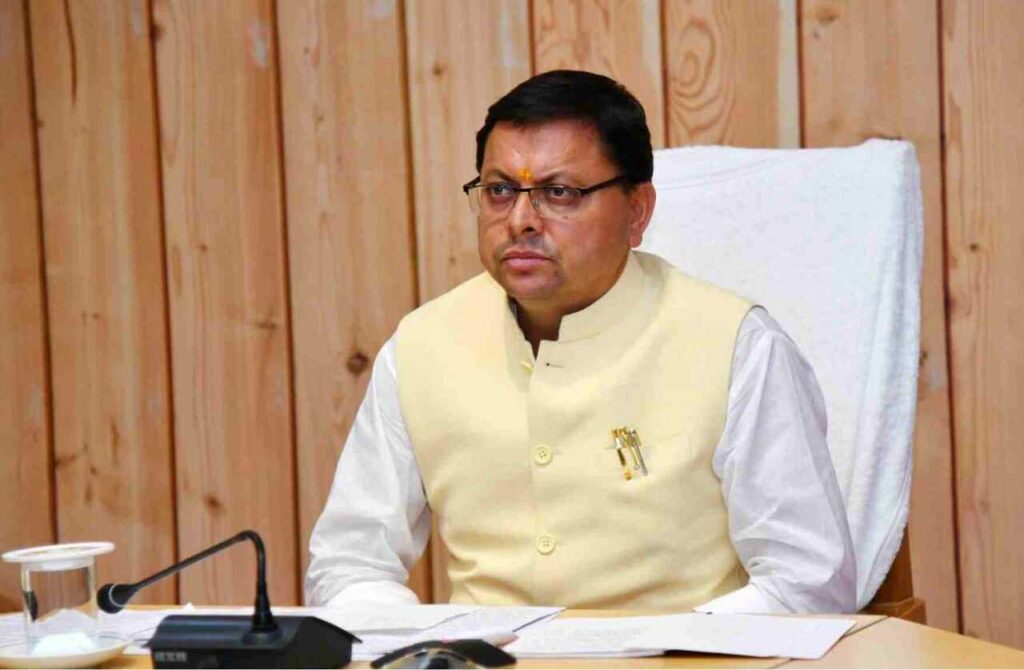New Delhi: NTPC, the country’s largest integrated energy utility today announced the commercial operation of 660 MW North Karanpura Super Thermal Project’s second Unit which is situated in Jharkhand. The Commercial Operation will be effective from 20th March 2024.
With this, the standalone and group commercial capacity of NTPC will become 59298 MW and 75418 MW respectively. The North Karanpura plant with its capacity will supply economical power to the states of Jharkhand, Bihar, West Bengal, and Odisha.
Moreover, last year the company in March 2023 started commercial operation of 1st Unit of 660 MW at North Karanpura. NTPC has already taken a series of measures across its plant locations on sound water management. NTPC will further imbibe the 3 R’s (reduce, reuse, recycle) for water conservation and management while carrying out its core business activity of power generation. NTPC Ltd is a signatory to the prestigious UN Global Compact’s CEO Water Mandate.
However, this project has been envisaged with an Air Cooled Condenser (ACC) which has almost 1/3rd water footprint as compared to a conventional Water Cooled Condenser (WCC). This would result in water saving of around 30.5 mcm annually thus fulfilling the needs of around 1.5 million people in the region annually. With this, the standalone and group commercial capacity of NTPC will become 59298 MW and 75418 MW respectively.
NTPC is committed to proactively addressing water sustainability issues by implementing a Water Policy, which will serve as a directive for establishing water management strategies, systems, processes, practices, and research initiatives.
About NTPC
NTPC is committed to proactively addressing water sustainability issues through implementing a Water Policy, which will serve as a directive for establishing water management strategies, systems, processes, practices and research initiatives. The Power PSU has been at the forefront in leveraging technology and have pioneered adoption of new technologies in the power sector. NTPC is currently meeting 24% of the country’s demand through coal, gas, hydro, solar and wind plants.






